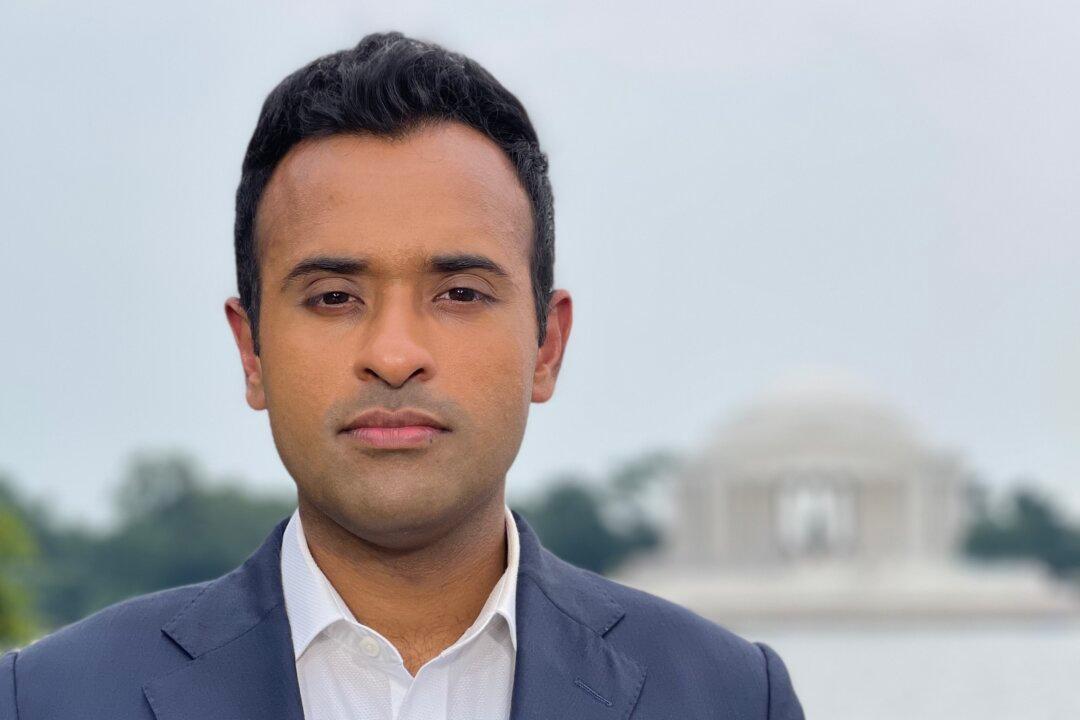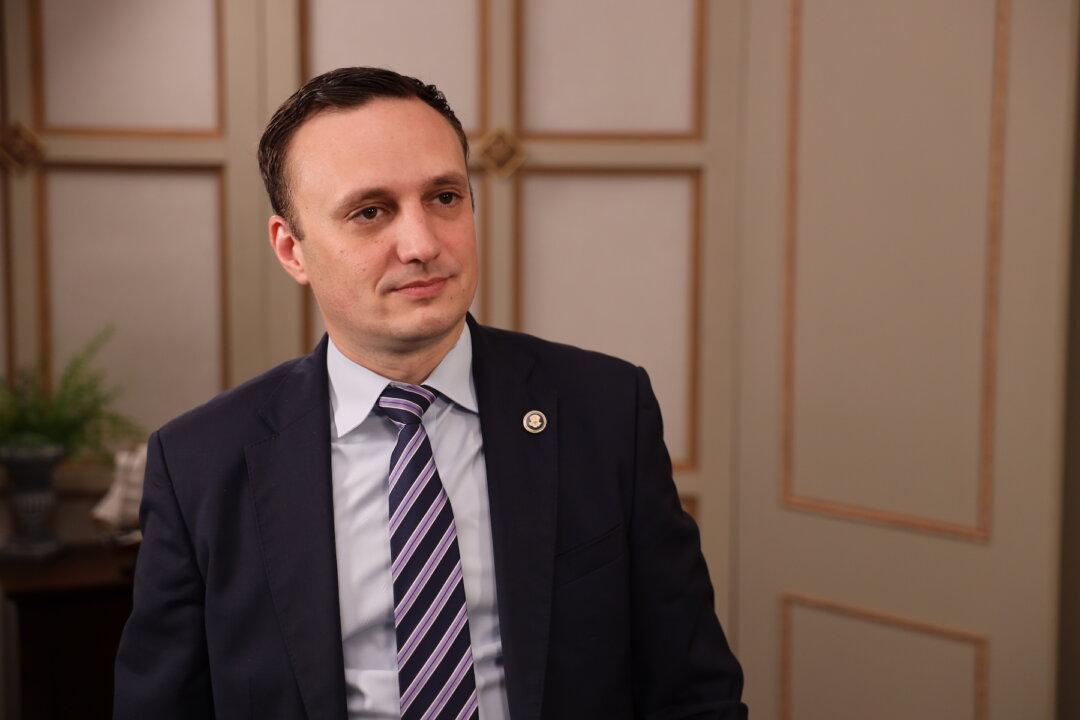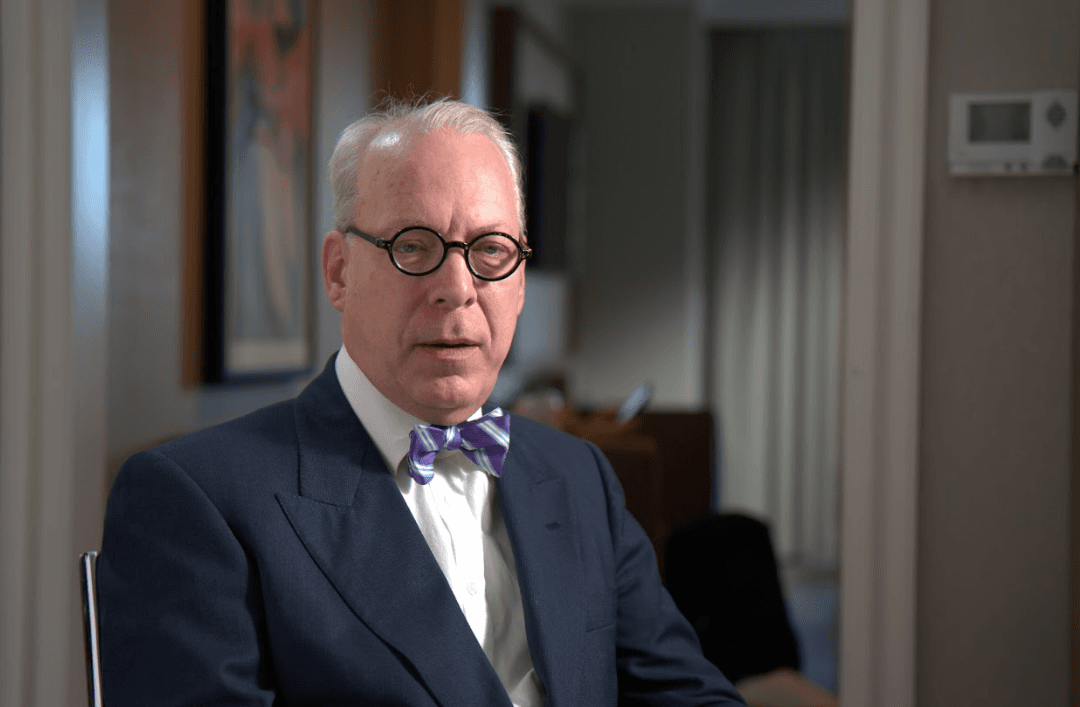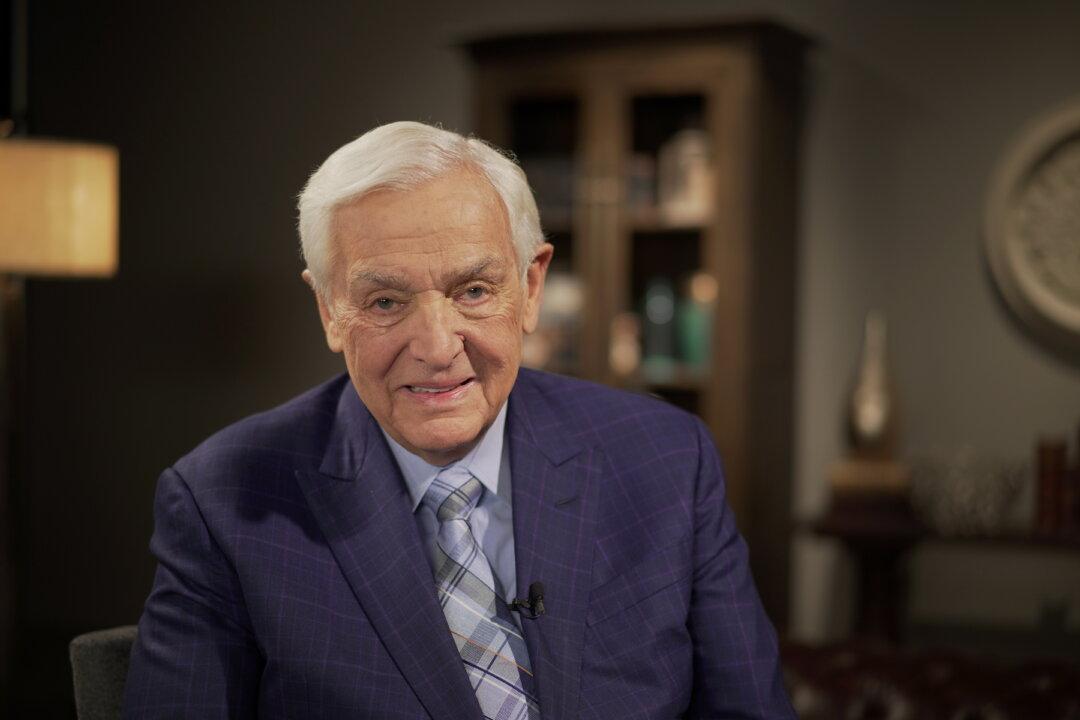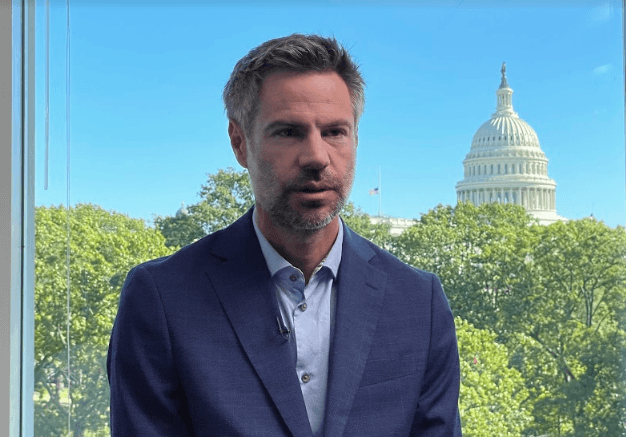In an interview with Jan Jekielek on “American Thought Leaders,” Vivek Ramaswamy outlined “the unholy alliance of big government, corporations, and woke dogma.” He also addressed the ongoing intrusion of communist China into the United States through its promotion of “wokeism.” Ramaswamy is the founder of several successful companies, including Roivant Sciences, a biopharmaceutical company, and author of a new book, “Woke Inc.: Inside Corporate America’s Social Justice Scam.”
Here are excerpts from this important interview:
